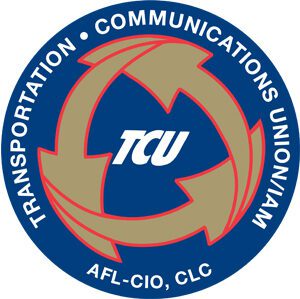The National Transportation Safety Board determined on Jan. 25 that an airbrake failure caused the fatal, Oct. 4, 2018, collision between two Union Pacific trains in Granite Canyon, Wyo.
The collision occurred when the air brakes on an eastbound UP freight train failed while descending a hill. The NTSB determined an air-flow restriction in the brake pipe caused the air brake system to fail, and the end-of-train device failed to respond to an emergency brake command. The striking train collided with the rear of a standing UP freight train at about 55 mph, causing the lead locomotives of the striking train and railcars of both trains to derail. The locomotive engineer and conductor of the striking train were killed.
The NTSB investigation revealed the locomotive engineer applied the emergency brake as the train descended, however, the train’s speed continued to increase. After the emergency brake application, the crew received a “front-to-rear no communication” message indicating the emergency brake request was not received at the end-of-train device, which would have initiated an emergency brake application from the rear of the train.
In its report issued Jan. 25, the NTSB noted UP’s failure to maintain its railcars, including regularly performing single railcar air brake tests as required by federal regulations, contributed to the collision.
“Had Union Pacific followed the rules and conducted air brake tests, any defects would likely have been identified and this accident could have been prevented,” said Robert Hall, NTSB Director of the Office of Railroad, Pipeline and Hazardous Materials Investigations. “This accident is an example of the industry not complying with federal regulations that are already in place to ensure transportation safety.”
Click here to read the full story on the RT&S website.
Click here to read the NTSB Final Report.

